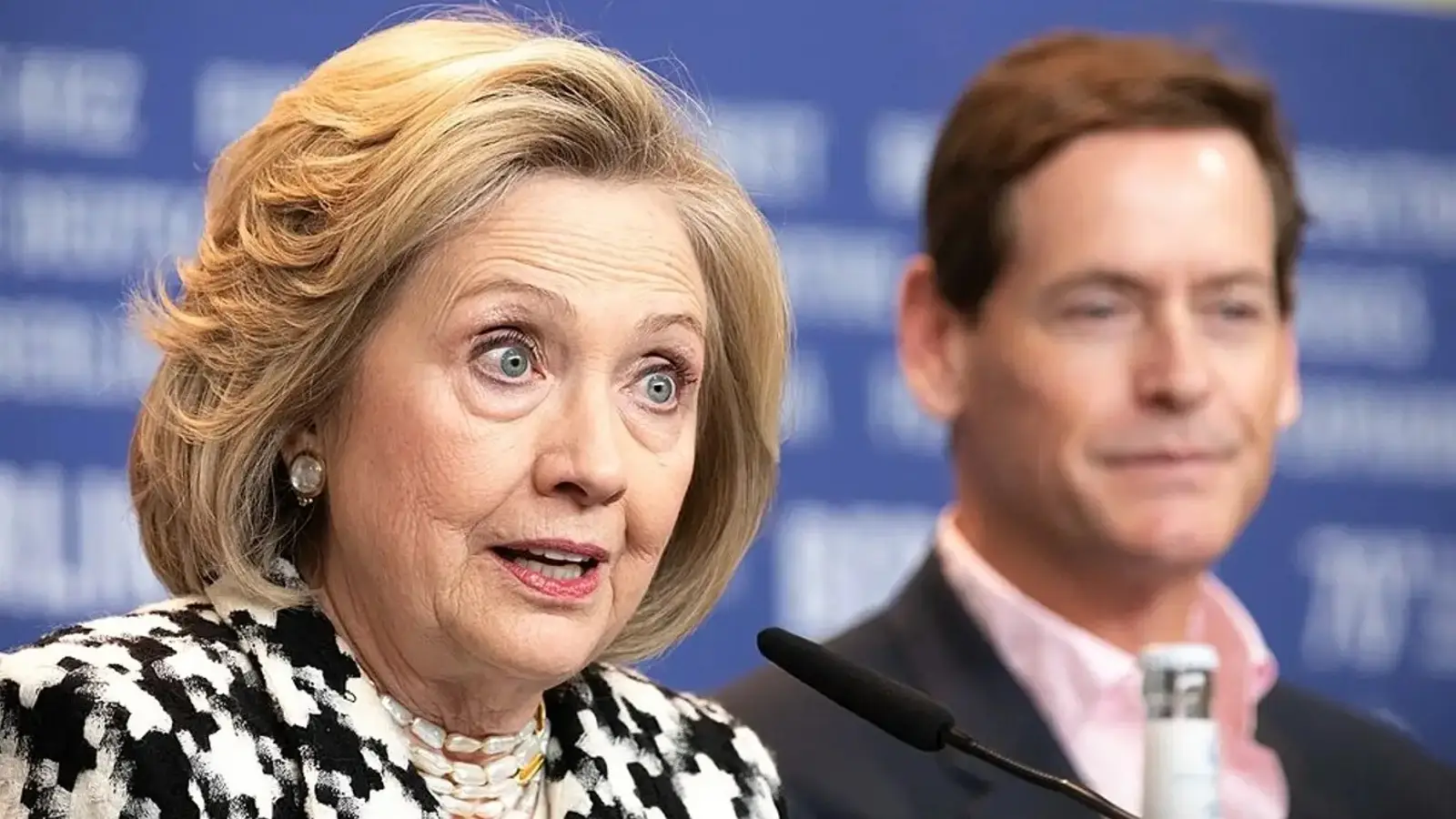Clinton Campaign Email Likely Russian Disinfo, Says Durham Report


A declassified appendix to Durham’s report reveals the Clinton email citing a plan to accuse Trump of Russian ties was likely fabricated by Russian intelligence.
An email at the center of a long-running controversy surrounding Hillary Clinton’s 2016 campaign-alleging she approved a plan to accuse Donald Trump of collusion with Russia-was likely fabricated by Russian intelligence, according to The New York Times. The revelation comes from a recently declassified appendix to Special Counsel John Durham’s report, made public on Thursday.
The email in question, dated July 27, 2016, claimed that Clinton had endorsed a proposal to link Trump to the Kremlin in order to divert public attention from the uproar surrounding her use of a private email server while serving as Secretary of State. At that time, the FBI had reopened its investigation into the server issue, just months ahead of the presidential election.
According to The Times, Durham referred to the material as «intelligence related to the Clinton plan," allegedly obtained from Russian sources. He criticized the FBI for not exercising sufficient skepticism when reviewing this intelligence, including its reliance on the now-discredited Steele dossier compiled by former British spy Christopher Steele. That dossier played a key role in the FBI’s decision to seek surveillance warrants targeting members of Trump’s campaign.
Former CIA Director John Ratcliffe stated that the newly declassified material confirms the existence of a «coordinated plan to prevent and disrupt» Trump’s presidency. Meanwhile, former FBI official Kash Patel claimed the document contains «evidence that Clinton’s campaign tried to frame Trump and fabricate the Russia collusion narrative.»
However, The New York Times emphasized that Durham himself acknowledged in his report that the July 27 email-along with a second document dated July 25-was most likely fake. He referred to both as «intelligence related to the Clinton plan," sourced from Russian channels.
While Durham used the documents to criticize the FBI’s handling of the Trump-Russia probe, The Times pointed out that he omitted a key point: the material he cited was likely Russian disinformation.